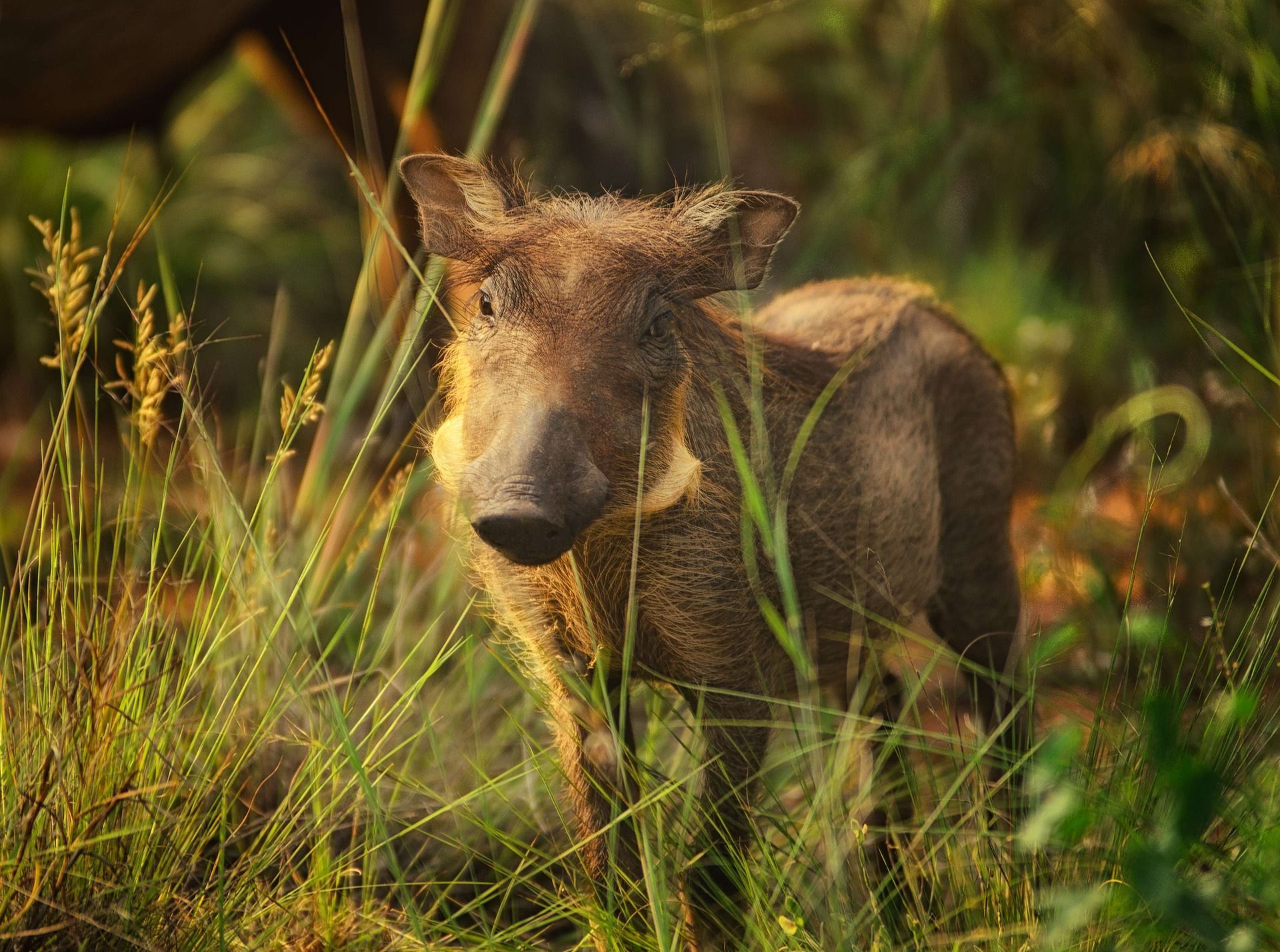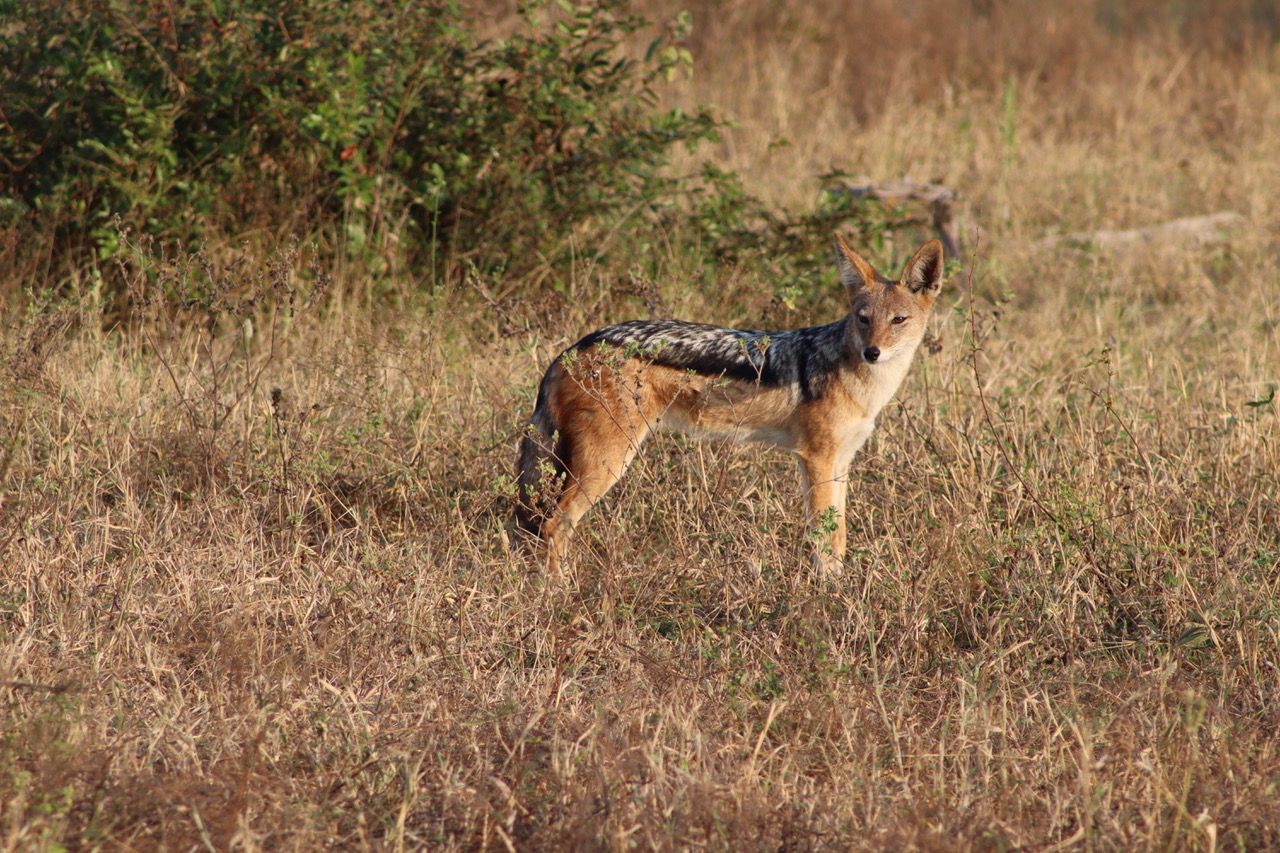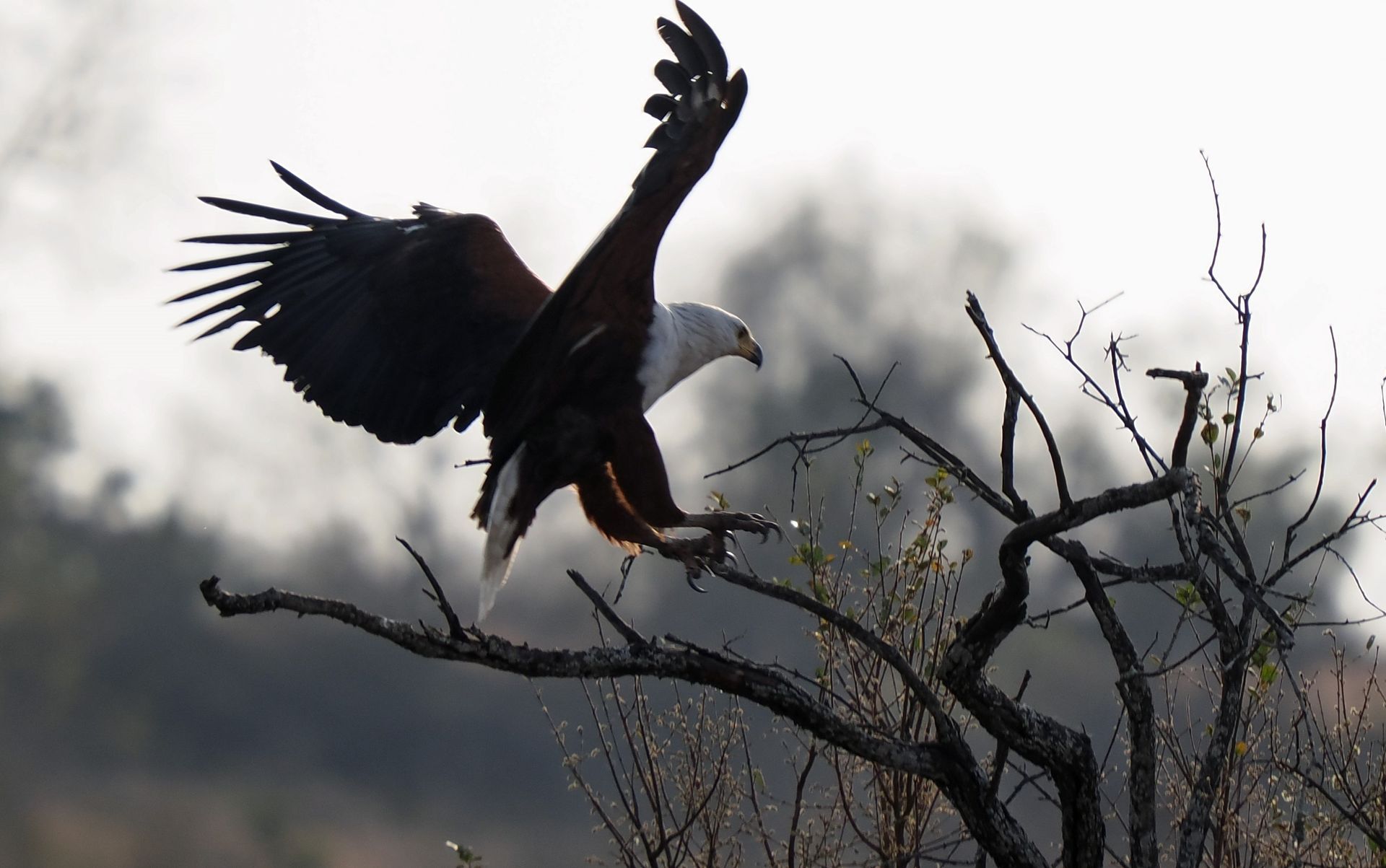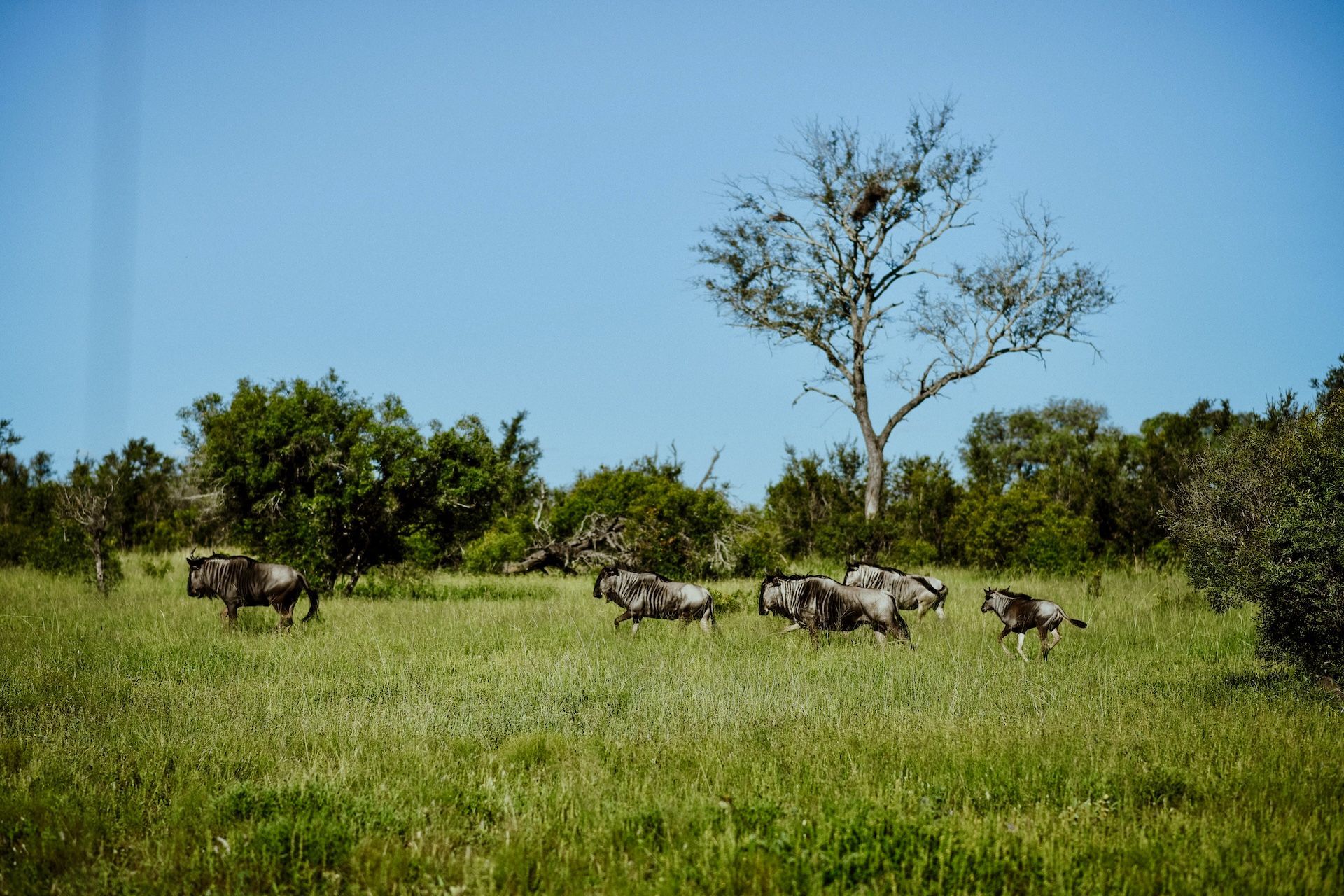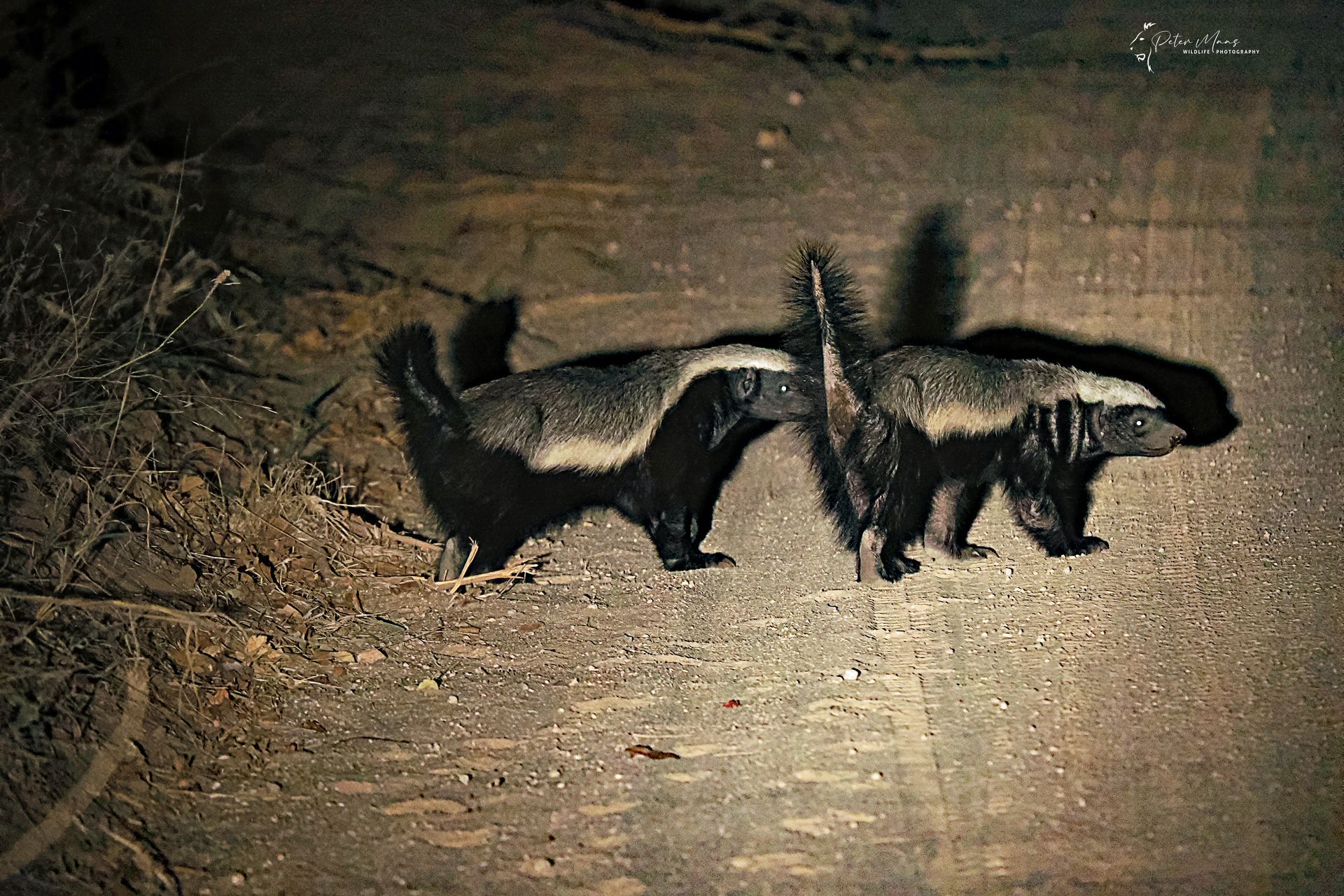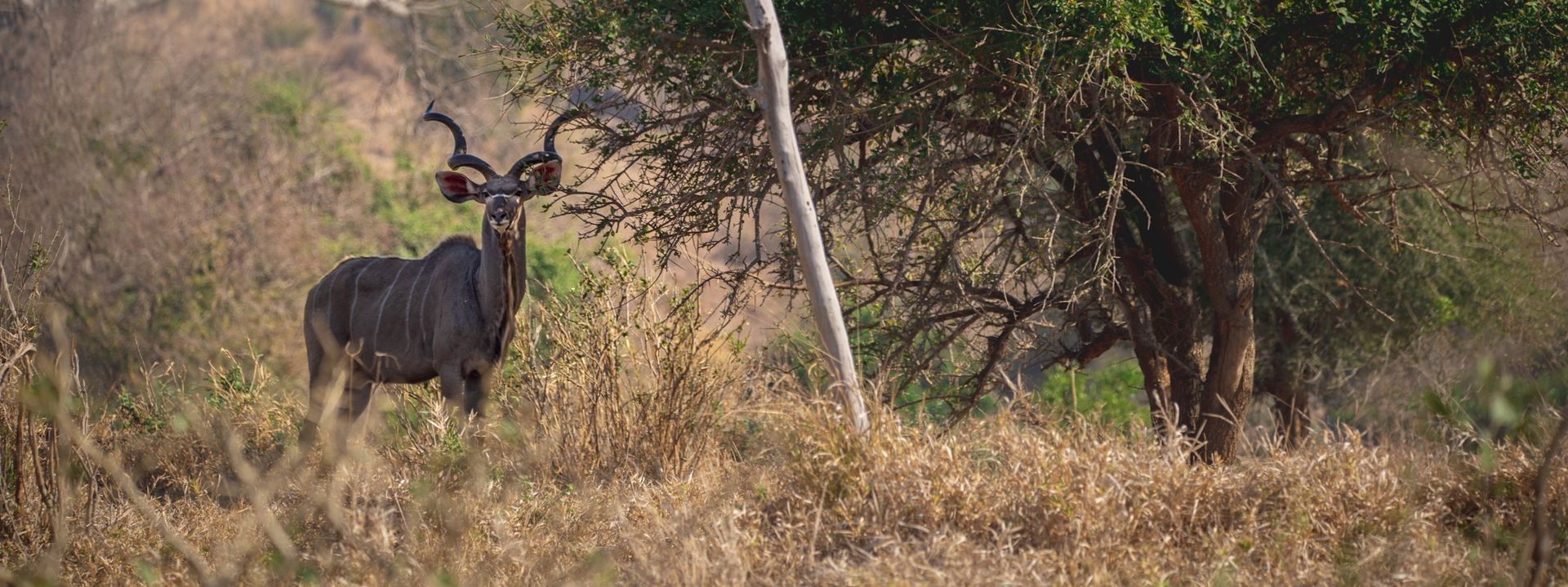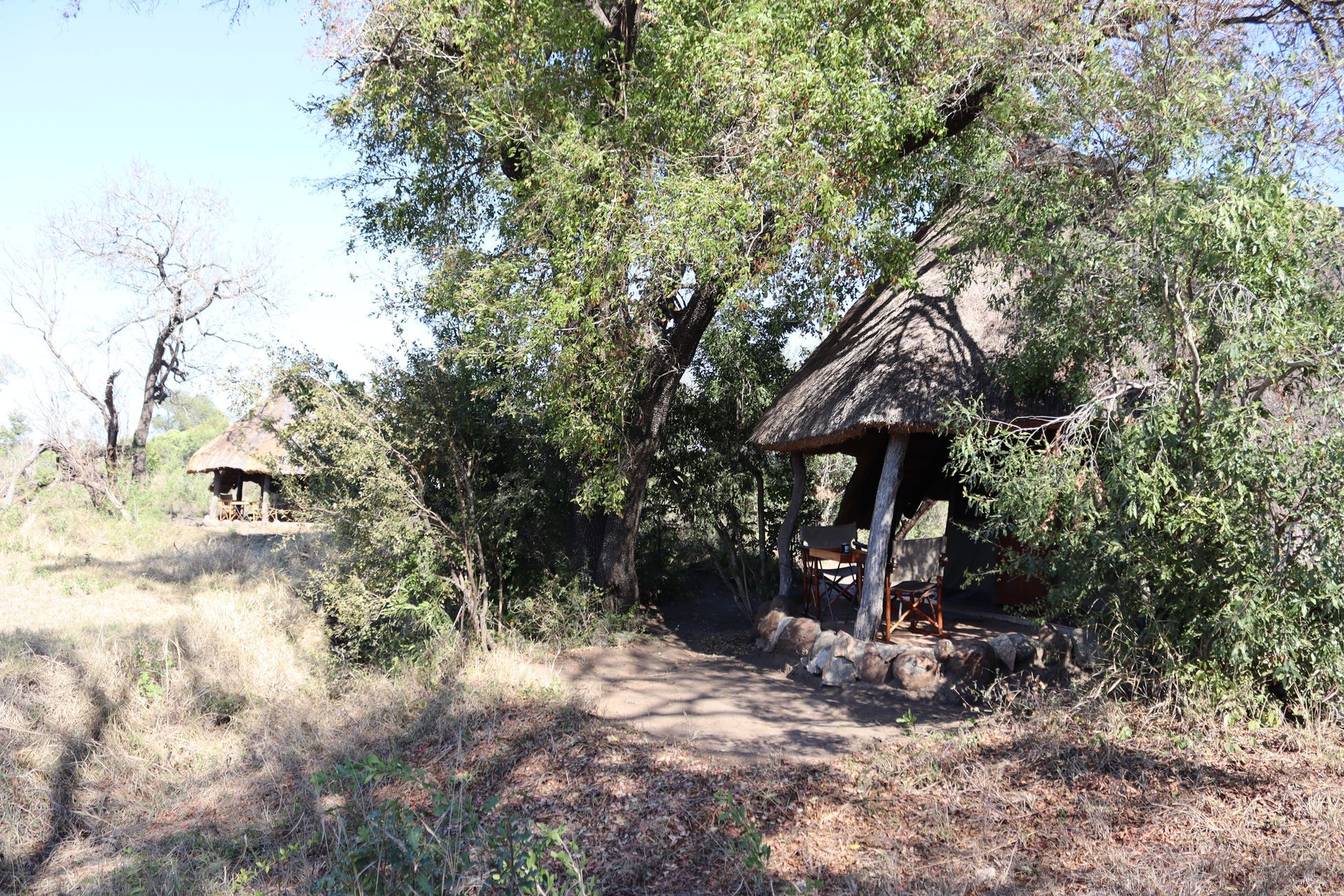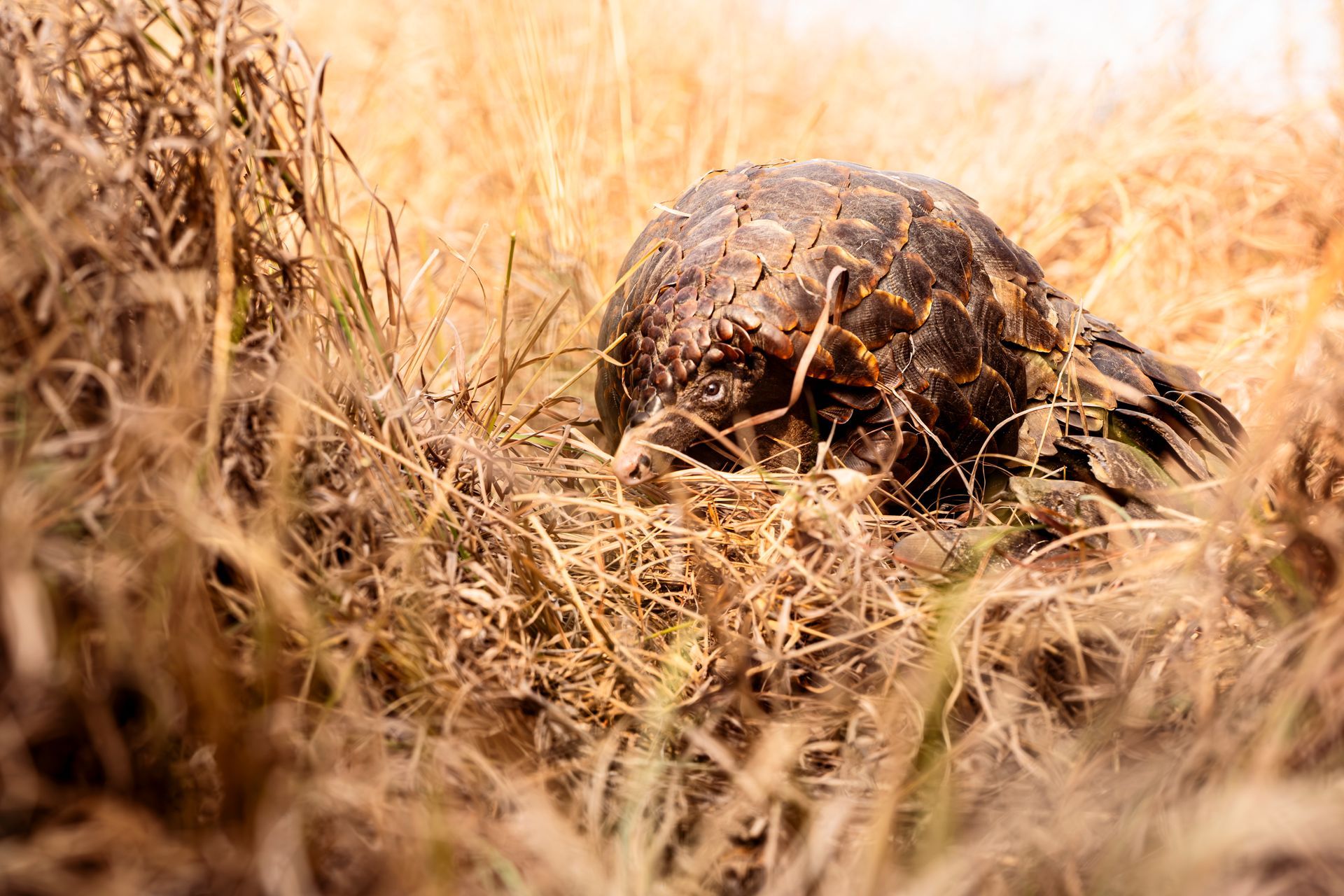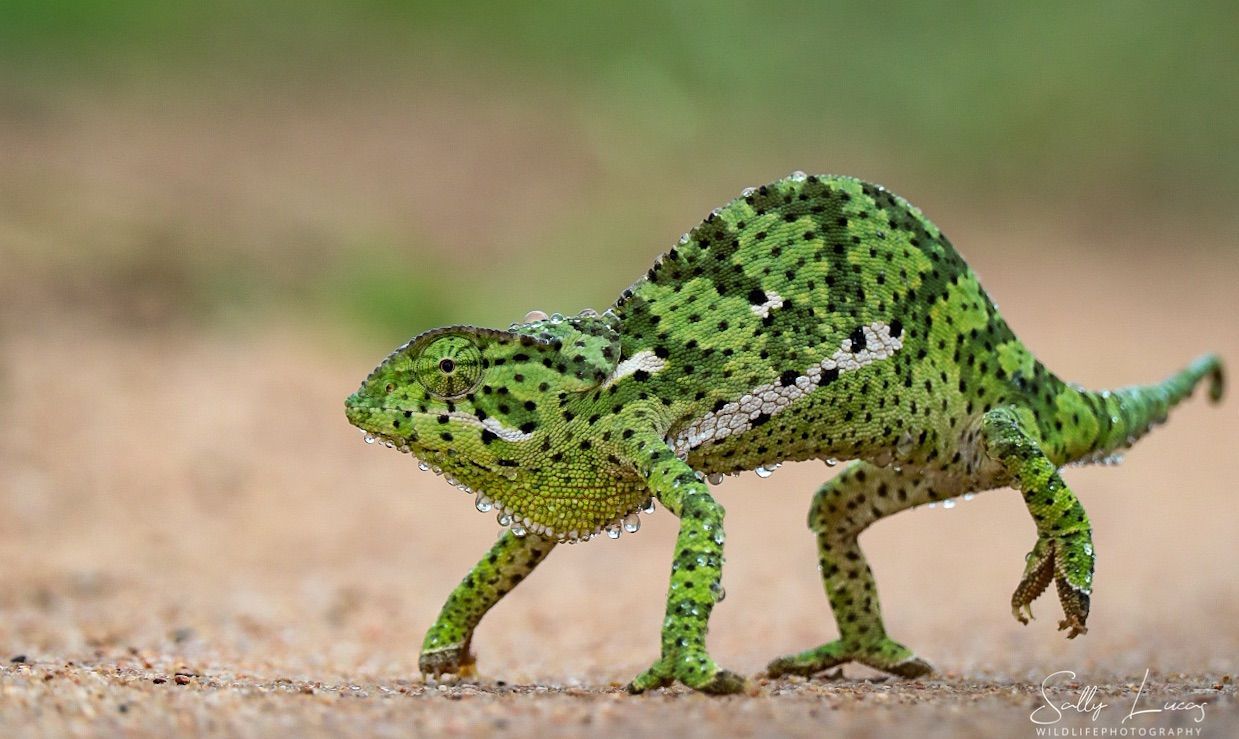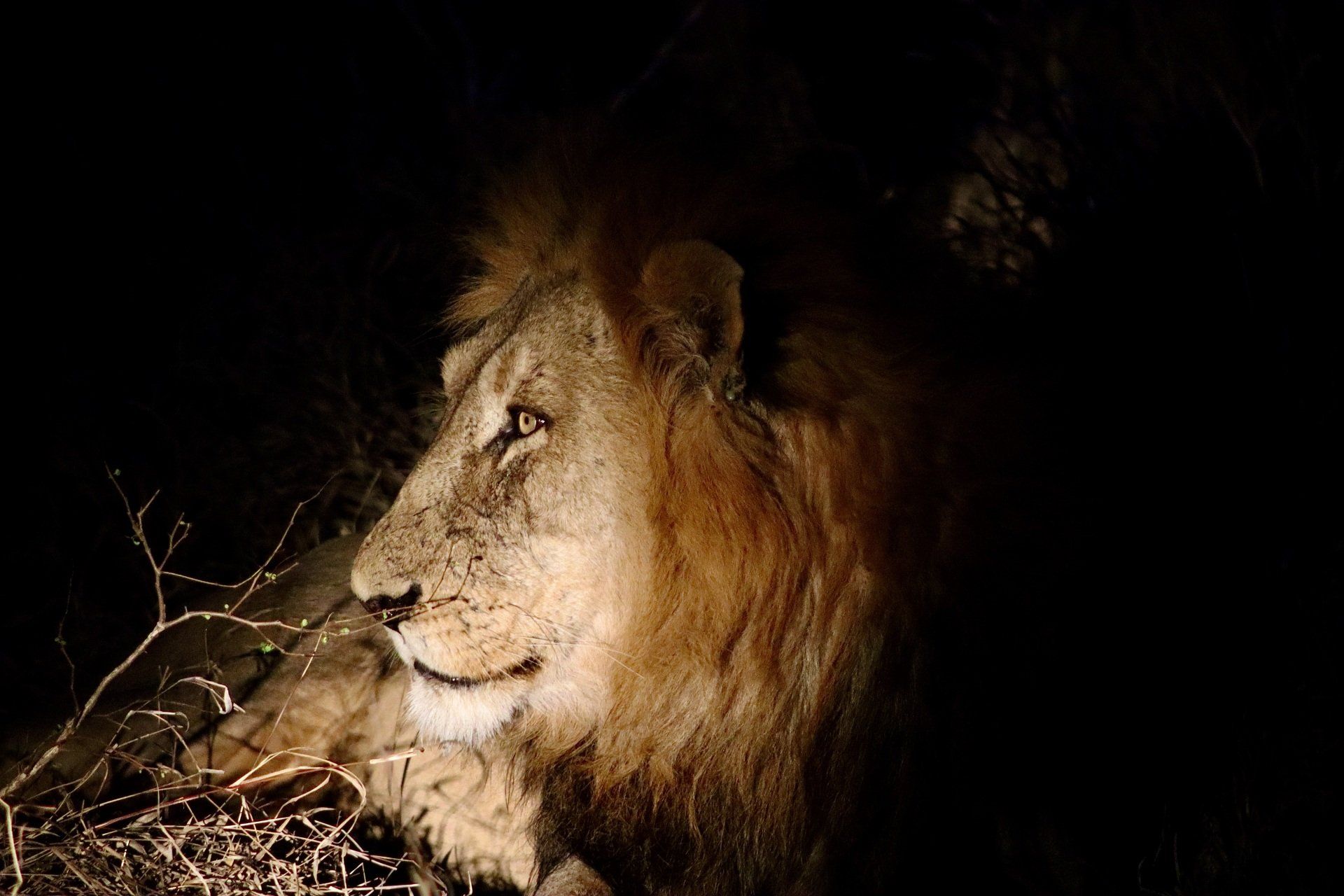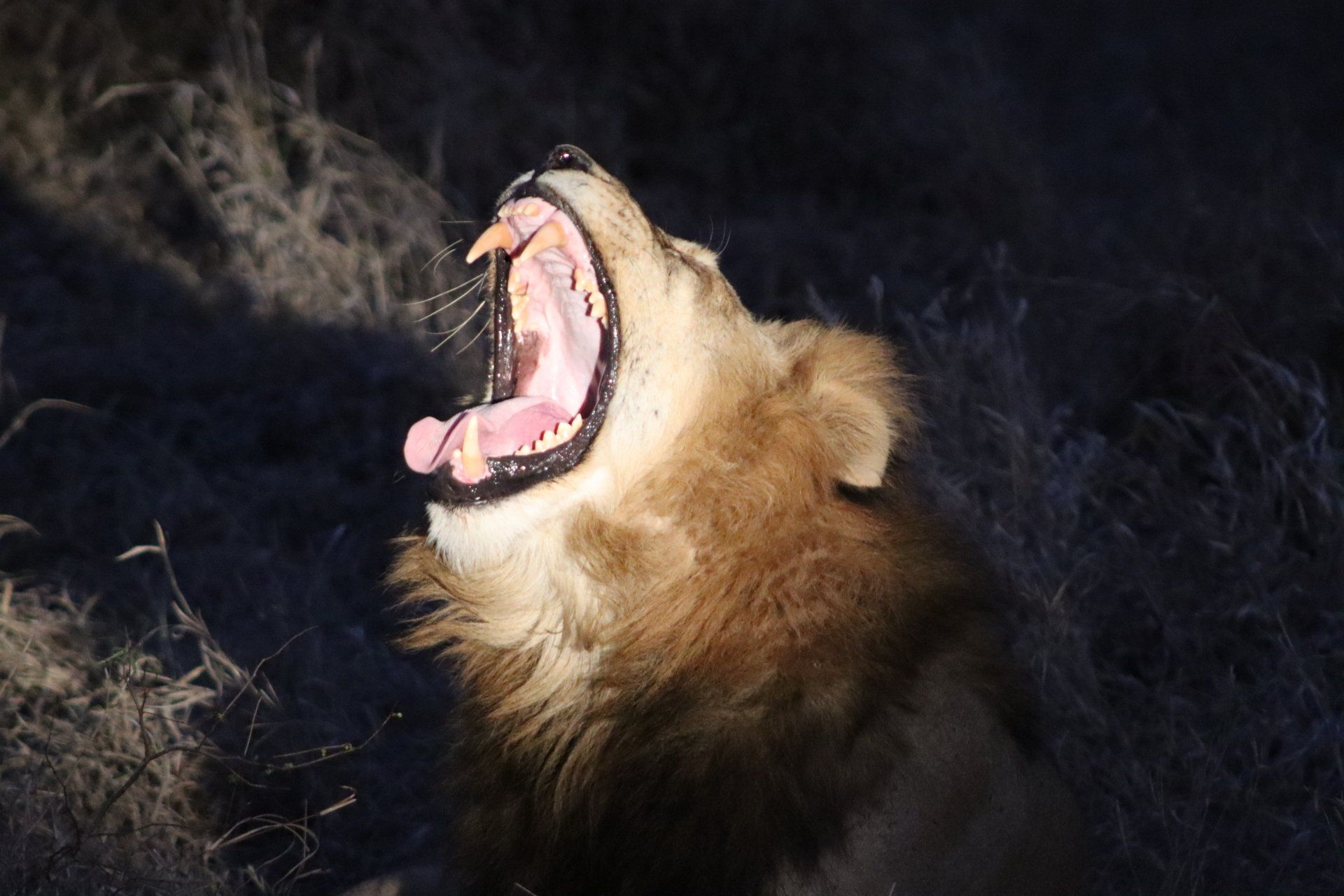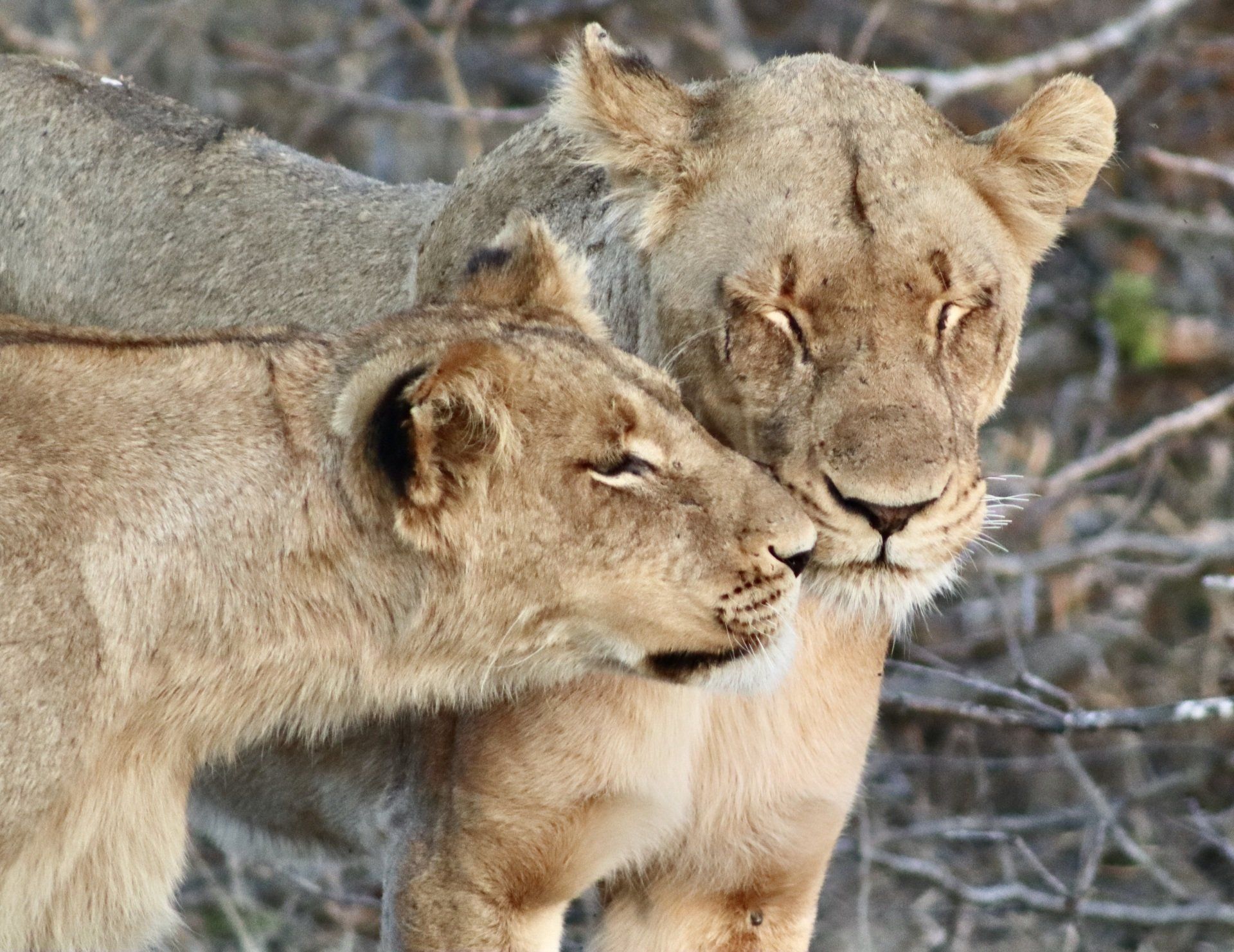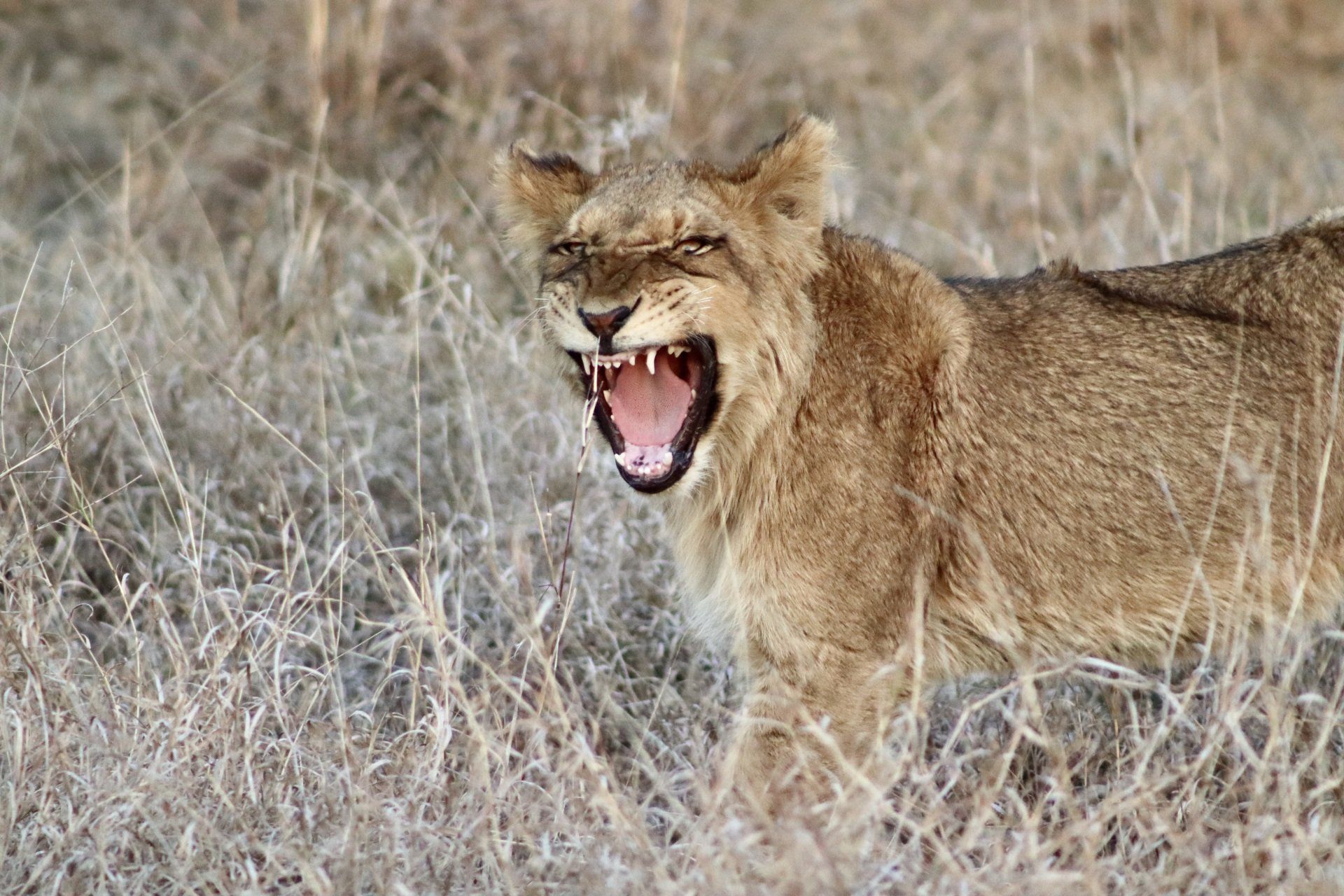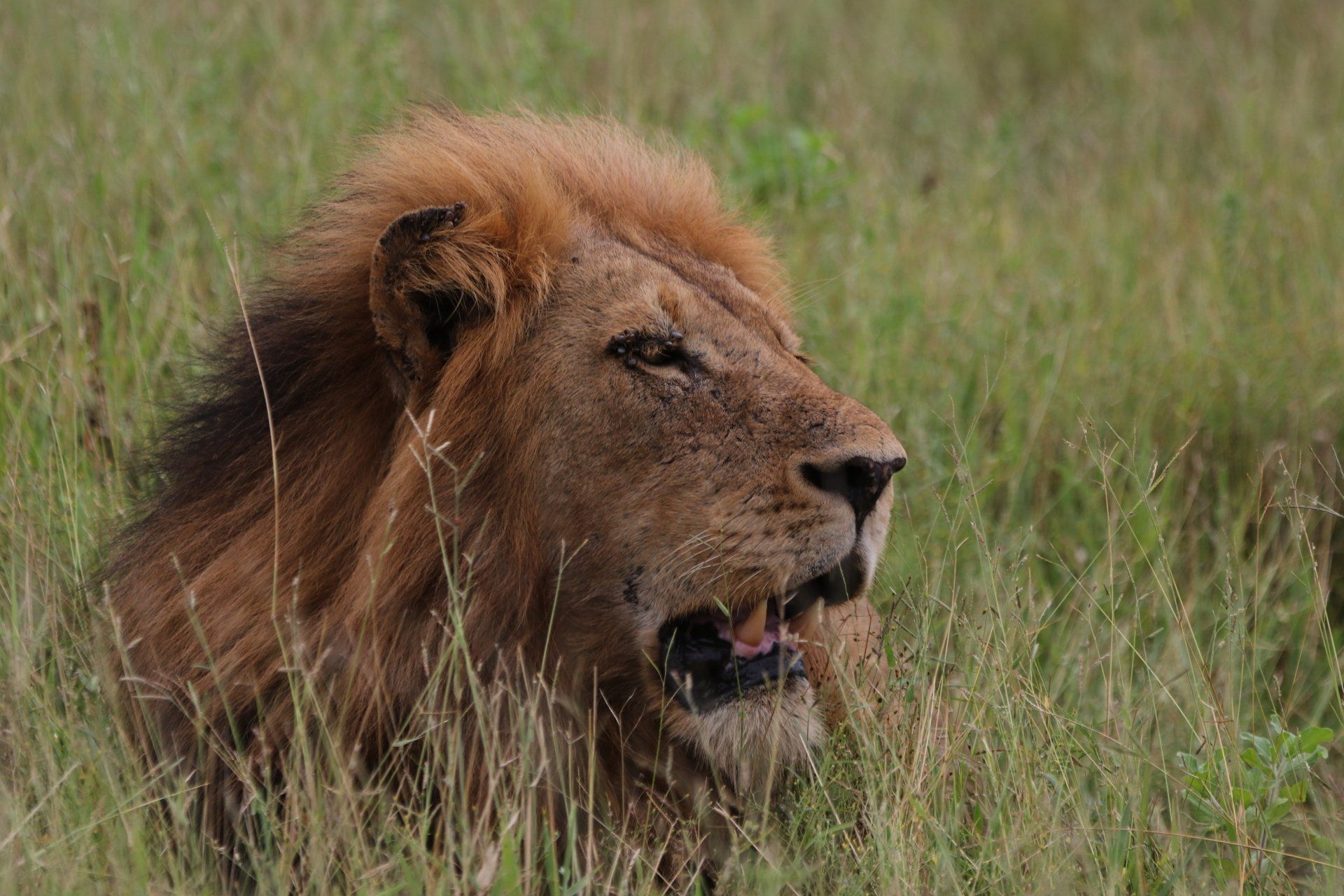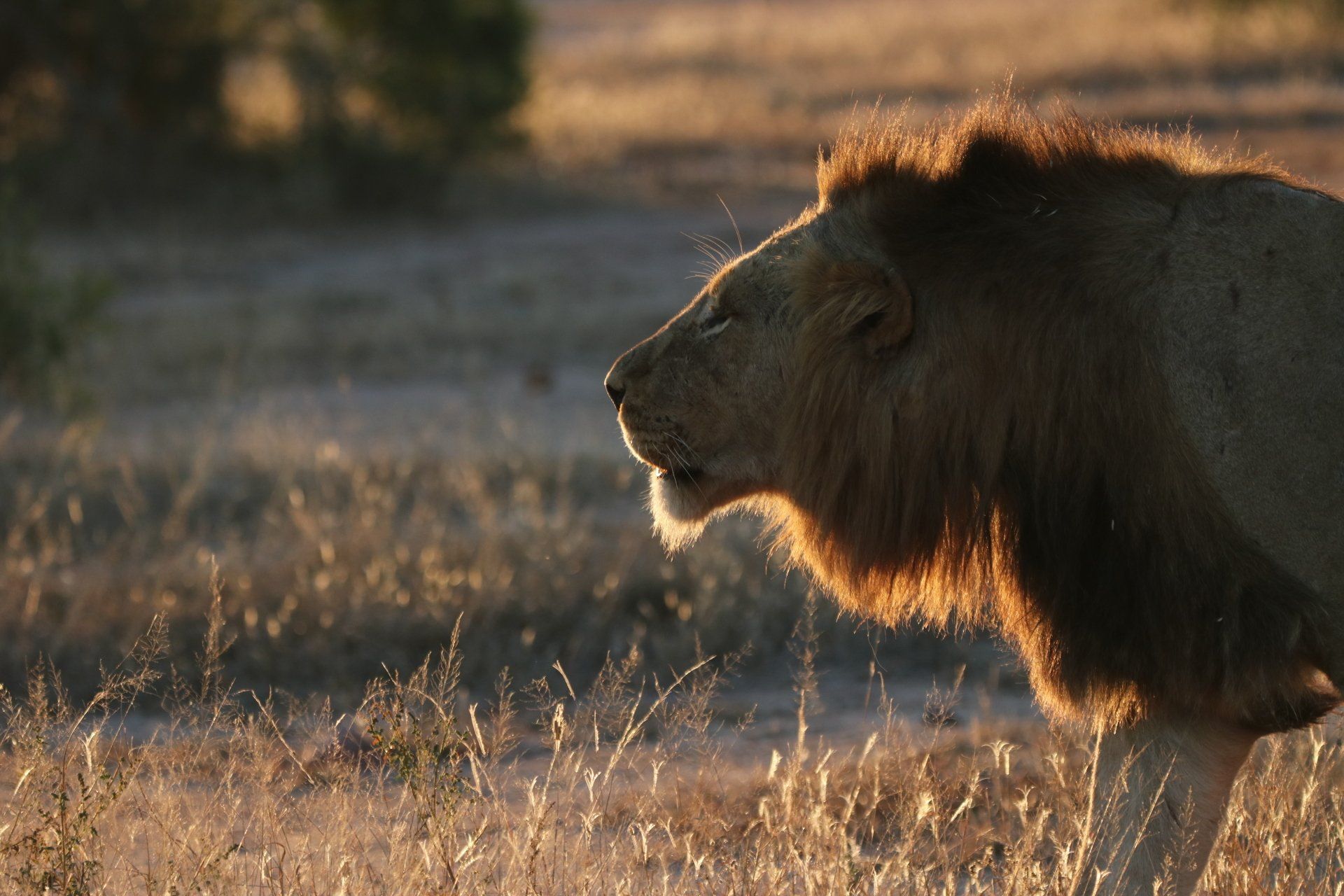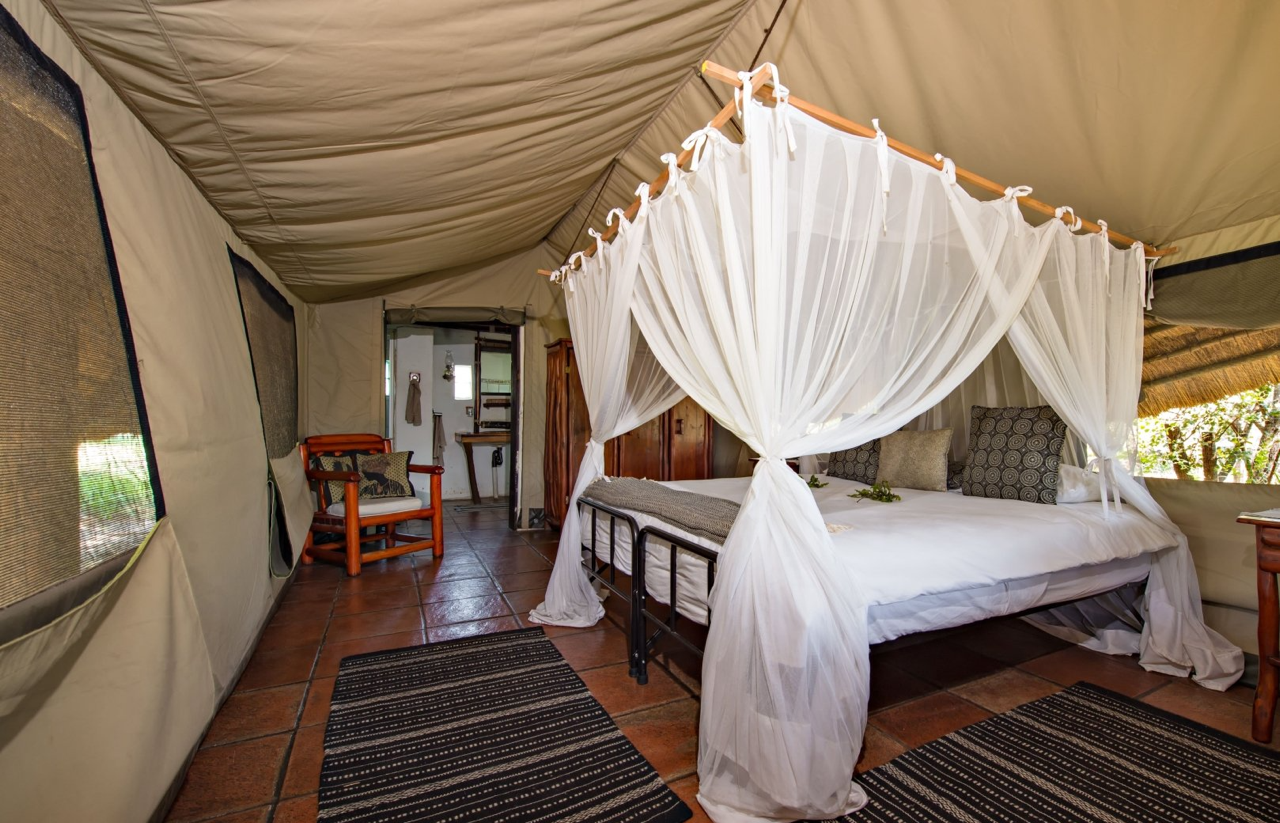Dynasties - the intricate dynamics of the Manyeleti lions
What does the future hold for these incredible apex predators?
The Mbali Male. Image: Sharon Gilbert-Rivett
Forget Game of Thrones, Breaking Bad and Peaky Blinders, because when it comes to mesmerising ensemble casts, superlative action, incredible plots, sub-plots and plot twists it doesn't get much better than "real life" and the lion prides of the Manyeleti.
Talking to Pungwe Manager Tim Cowell about the lion dynamics in the area is like asking someone to explain a convoluted soap opera in its umpteenth season...
"When I arrived at Pungwe just before lockdown started in 2020 there were seven prides that would move between the Manyeleti, Sabi Sands, Kruger National Park and the Timbavati, moving in and out as their territories overlapped," Tim explains.
"Here on Pungwe in the south of the Manyeleti the pride we most often see is the Talamati Pride, consisting of 15 lions and run by the Avoca male (known as Black Mane or Dark Mane). There's also the Nkuhuma Pride which infrequently moves through the area," says Tim.
In the north of the Manyeleti, around the Main Dam area, is the Naru Pride which is overseen by the striking Red Road Male. In the north-east is the legendary Birmingham Pride with its two white lions that regularly cross into the Manyeleti from the Timbavati.
In the north-west is the Mbiri Pride which used to be ruled by the Orpen Males - a coalition of two brothers. The Orpen Males also ran the Orpen Pride and the Koppies Pride, but one brother then killed a Koppies female and her cub and cannibalised them before moving to the Naru Pride and onto the neighbouring Sabi Sands reserve where he died of a suspected snake bite.
The remaining Orpen Male died just a few short weeks later and this coalition fell, opening up the door for dramatic change in lion dynamics in the region.
"This change is what we're seeing now," says Tim. "The original Mbiri males (who ran the Mbiri Pride before the Orpen males took over) had already left before I arrived at Pungwe but were seen often around the Orpen area of the Kruger National Park. Then, a few months ago, they came back and mated with three Mbiri females for a few days.
"When the Orpen Males died there were no males in the north. The Mbiri Pride had four sub-adult males. One disappeared and the remaining three, called the Tintswalo Boys, now oversee the pride. The Orpen and Koppies prides have moved into Kruger most likely as they have not been seen for a while," explains Tim.
During lockdown a new pride was found in the south-east of the Manyeleti - the Mbali Pride, with 21 members and just one impressive male - the Mbali Male.
Fast forward a couple of months… The Talamati Pride has now split - the Avoca Male that had been with them was injured and fell behind in his leadership role. He's been seen recently in the Sabi Sands. The Mbali Male has now been seen mating with three Talamati females. Indeed, the Talamati Pride now consists of sub-adults and two of its original adult females with no male at the helm.
"The big question now is who will take over the Talamati pride? The Mbali Male is the most likely candidate," says Tim. "That will put him in charge of the southern area of the Manyeleti. He's in great shape and is looking good and will potentially now sire a new generation of cubs which may lead to a new pride or the three females he's mated with may return to the Talamati Pride to rejuvenate and refresh them."
If you want to keep up with all things leonine, we'll be keeping you updated on things as they unfold in this never-ending saga of the Manyeleti lions! In the meantime, the plot thickens!
